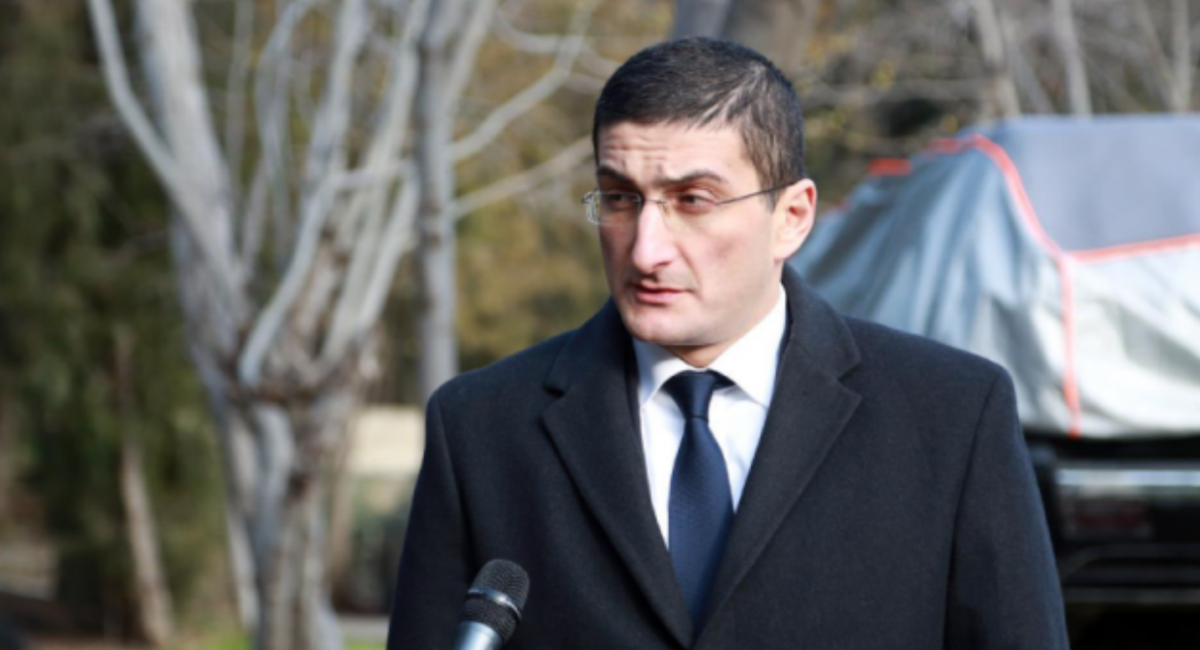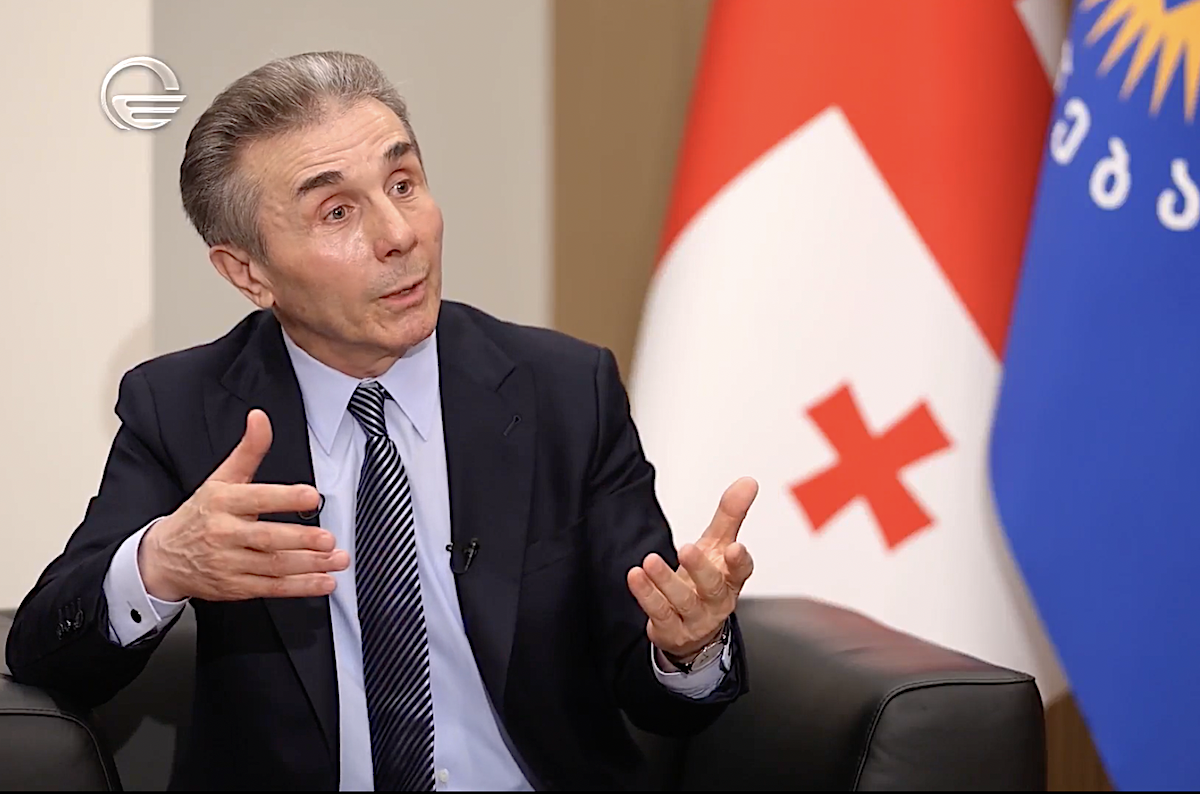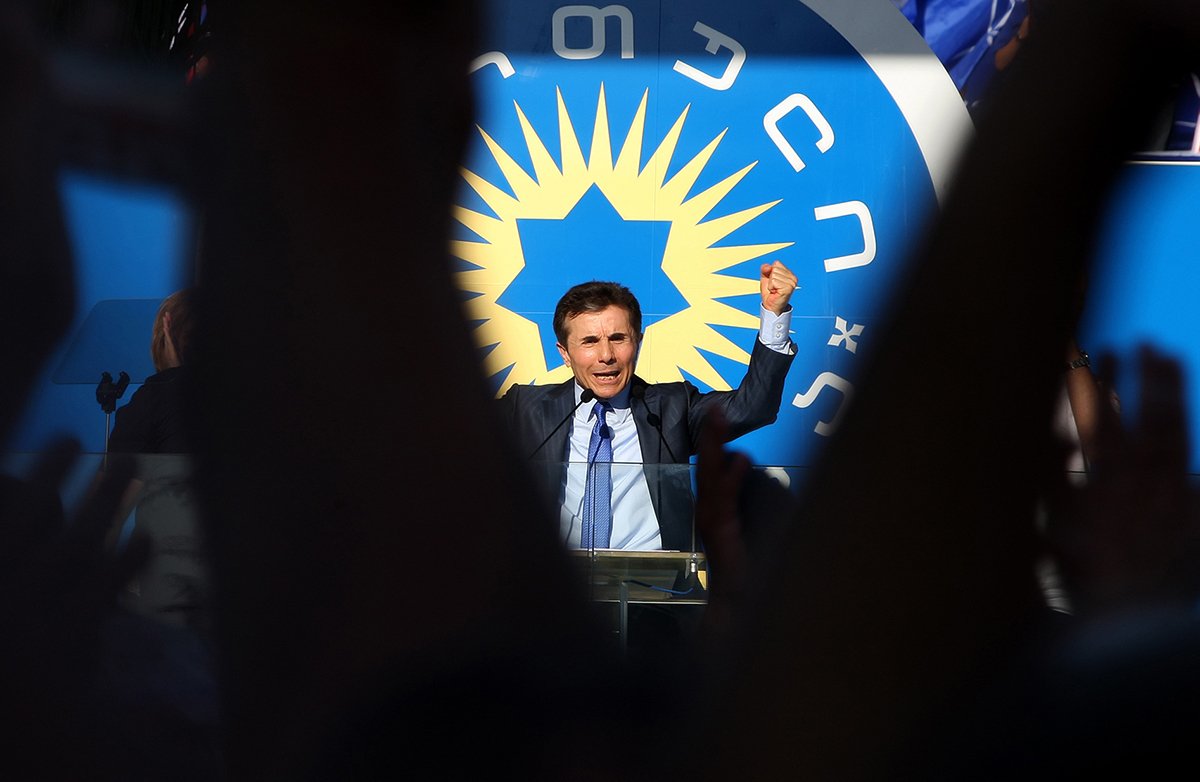Moscow urges Tbilisi to "delimit borders with Abkhazia and South Ossetia", considered occupied by Russia
Russia on Georgia’s delimitation with Abkhazia and South Ossetia
At the 62nd round of the Geneva International Discussions on Security and Stability in the South Caucasus, held on November 5-6, the Russian delegation stated that “reconciliatory signals from Georgia towards Abkhazia and South Ossetia should be translated into practical steps.”
According to Russia, this requires “initiating a process of border delimitation and subsequent demarcation with Abkhazia and South Ossetia.”
Russia recognized the independence of these regions following the August 2008 war. Nicaragua, Venezuela, Nauru, and Syria later followed suit. Georgia, the UN, and most of the international community consider Abkhazia and South Ossetia part of Georgian territory occupied by Russia.
As part of the “concrete steps” expected from Georgia, the Russian delegation also calls for legal guarantees on the non-use of force against Abkhazia and South Ossetia, according to a statement from Russia’s Foreign Ministry.
Russia claims that these proposals are justified by the ruling Georgian Dream party’s narrative, which alleges that “internal and external forces influenced by the ‘global war party’ are pressuring Georgia to open a ‘second front’ (after Ukraine) against Russia.”
Russia has also voiced discontent over Georgia’s constitutional provision on Euro-Atlantic integration as a strategic direction for the country’s development.
“The relevance of these objectives is underscored by […] the consistent reaffirmation of Georgia’s doctrinal commitments to NATO and EU membership in its constitution, along with the ongoing development of national armed forces to meet NATO standards,” the statement from Russia’s Foreign Ministry reads.
The context of Georgian government statements underlying Russia’s proposals
Bidzina Ivanishvili, founder and honorary chairman of Georgian Dream and an oligarch, spoke in Gori on September 14 about the August 2008 war and Georgia’s territorial integrity.
In this context, he again accused former President Mikheil Saakashvili and his government of starting the war with Russia over South Ossetia in August 2008, and announced plans to launch a “Nuremberg process” against the United National Movement party, which was in power in Georgia at that time.
Ivanishvili said that after the October 26 parliamentary elections, “the Georgian authorities will certainly find the strength to apologize for the fact that the National Movement drew our Ossetian sisters and brothers into the flames of war in 2008.” He did not mention Russia or its role in the 2008 war.
The next day, a representative of the self-proclaimed administration in South Ossetia, Yuri Vazagov, stated that “South Ossetia expects not only verbal statements from Georgia but also practical steps, including within the framework of the Geneva discussions, where the main issue remains achieving a legal agreement on security guarantees.”
What the Georgian delegation discussed at the Geneva meeting
According to the Georgian Ministry of Foreign Affairs, the Georgian delegation at the Geneva meeting emphasized the need for Russia to fulfill the ceasefire agreement signed on August 12, 2008, with EU mediation.
The Georgian delegation also raised the issue of the return of internally displaced persons to their homes from occupied territories and discussed the security and human rights situation of residents in these regions, “where destructive actions by the occupying regimes continue.”
Statement from the international co-chairs of the Geneva meeting
“Despite sharply differing positions, participants were able to exchange views on the situation on the ground,” the co-chairs of the discussions said in a special communiqué following the meeting.
This round of discussions was held for the first time under the chairmanship of Magdalena Grono, the new EU Special Representative for the South Caucasus and Georgia crisis.
The communiqué stated that in the first working group, “participants continued discussions on the implementation of the 2008 six-point agreement, which addresses the non-use of force and the establishment of international security mechanisms.”
In the second working group, participants discussed humanitarian issues, including freedom of movement, the need for effective documentation, education, and the search for missing persons.
The communiqué also noted that the issue of internally displaced persons and refugees could not be discussed due to “some participants leaving the meeting.”





















